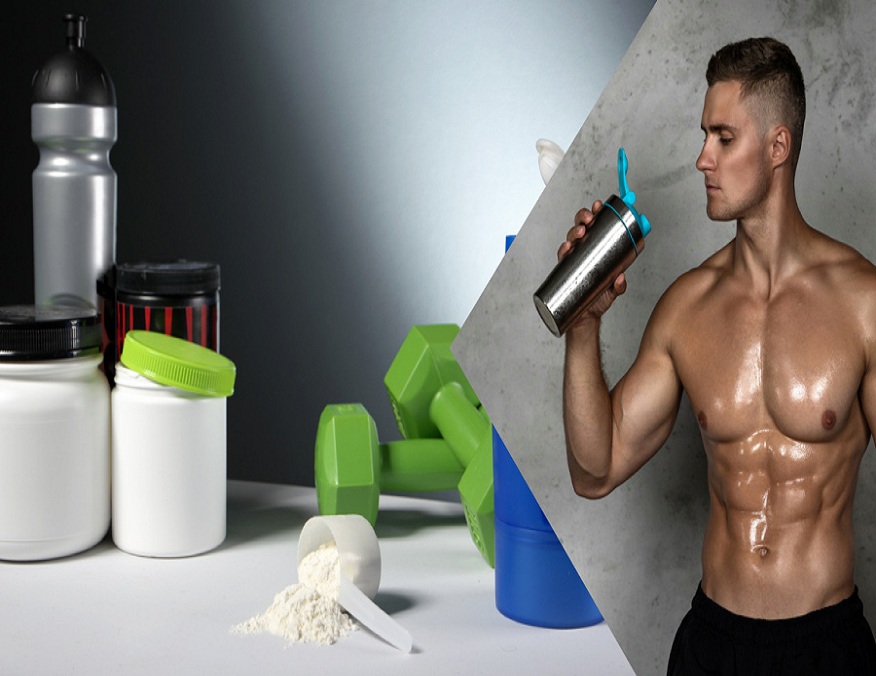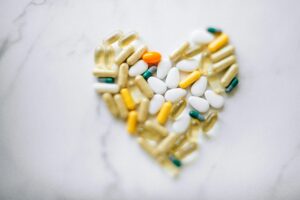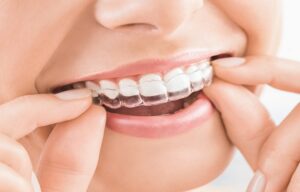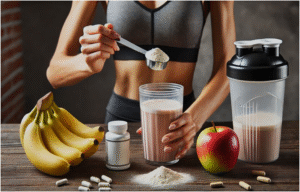
Pre-workout supplements are a go-to for many athletes due to their ergogenic (performance-enhancing) qualities. Pre-workout supplements like creatine and beta-alanine can increase stamina, power, and focus while promoting nitric oxide production, increasing blood flow and muscle pumps.
That seems fantastic, no? It can be if you know which chemicals in pre-workout supplements are efficient (and secure). To help you with that, we explain the top ingredients backed by science to look for in a reliable pre-workout for beginners.
Beta-alanine
The dipeptide carnosine is formed when beta-alanine binds to histidine in the body. During a demanding workout, the buffering molecule carnosine is essential for ensuring that the pH of the cells remains at an ideal level. Carnosine buffers muscle pH, allowing you to train more intensely by “soaking up” free hydrogen ions (H+) and reducing lactic acid buildup. Your muscles will feel worn out and ineffective due to a significant drop in the pH of skeletal muscle.
Beta-alanine is one of the best pre-workout ingredients for newbie athletes and gym goers to improve anaerobic and aerobic workout performance. Research has shown that taking 2,500 mg of beta-alanine, that is high quality daily for just four weeks, can cause muscle carnosine to rise by as much as 58%.
Caffeine
Caffeine, a naturally occurring methylxanthine, primarily stimulates the central nervous system by deterring adenosine receptors and suppressing phosphodiesterase activity. This improves concentration, energy levels, and fat oxidation (“burning”) during exercise while simultaneously lowering the rate of perceived exertion and muscular exhaustion.
Caffeine may make it easier to utilize fatty acids for energy by promoting lipolysis and protecting muscle glycogen. Caffeine supplementation before exercise may positively affect the body composition of active individuals to encourage weight loss and muscle growth.
Numerous studies have also demonstrated that moderate pre-workout caffeine intake (200 mg per serving, for example) dramatically enhances both aerobic and anaerobic activity’s physical and mental elements. 2-4 mg of caffeine per kg of body weight is considered a “moderate dose” of caffeine.
Creatine
The body naturally creates modest amounts of creatine (ATP)to support cellular energy for essential biological activities. But during high-intensity workouts, muscles constantly contract and require ATP to do the job.Creatine monohydrate supplements support the ATP regeneration process, and it helps boost strength and gain muscle mass.
In addition, creatine monohydrate has a remarkable safety record in healthy adults. Even better, science has repeatedly demonstrated that creatine monohydrate enhances athletic performance, particularly during high-intensity training like weightlifting and sprinting. Over time, consuming creatine can increase muscle strength, accelerate muscle growth, and shorten the period between exercises for recovery.
L-citrulline
L-citrulline plays a crucial part in the urea and nitric oxide (NO) cycles, unlike branched-chain amino acids (BCAAs), which are used to synthesize protein. It is a precursor and metabolite of L-arginine, an amino acid that is only occasionally necessary.
The nitric oxide cycle involves the conversion of arginine to citrulline, which releases NO and improves blood flow. Interestingly, L-citrulline increases NO generation more effectively than L-arginine does. Citrulline functions in the body as a reservoir for arginine and, hence it is undoubtedly the best pre-workout supplement to boost the coveted “muscle pump” for athletes.
Taking beta-alanine
When it comes to taking beta-alanine, be consistent and use beta-alanine that is high quality to get the desired results.







